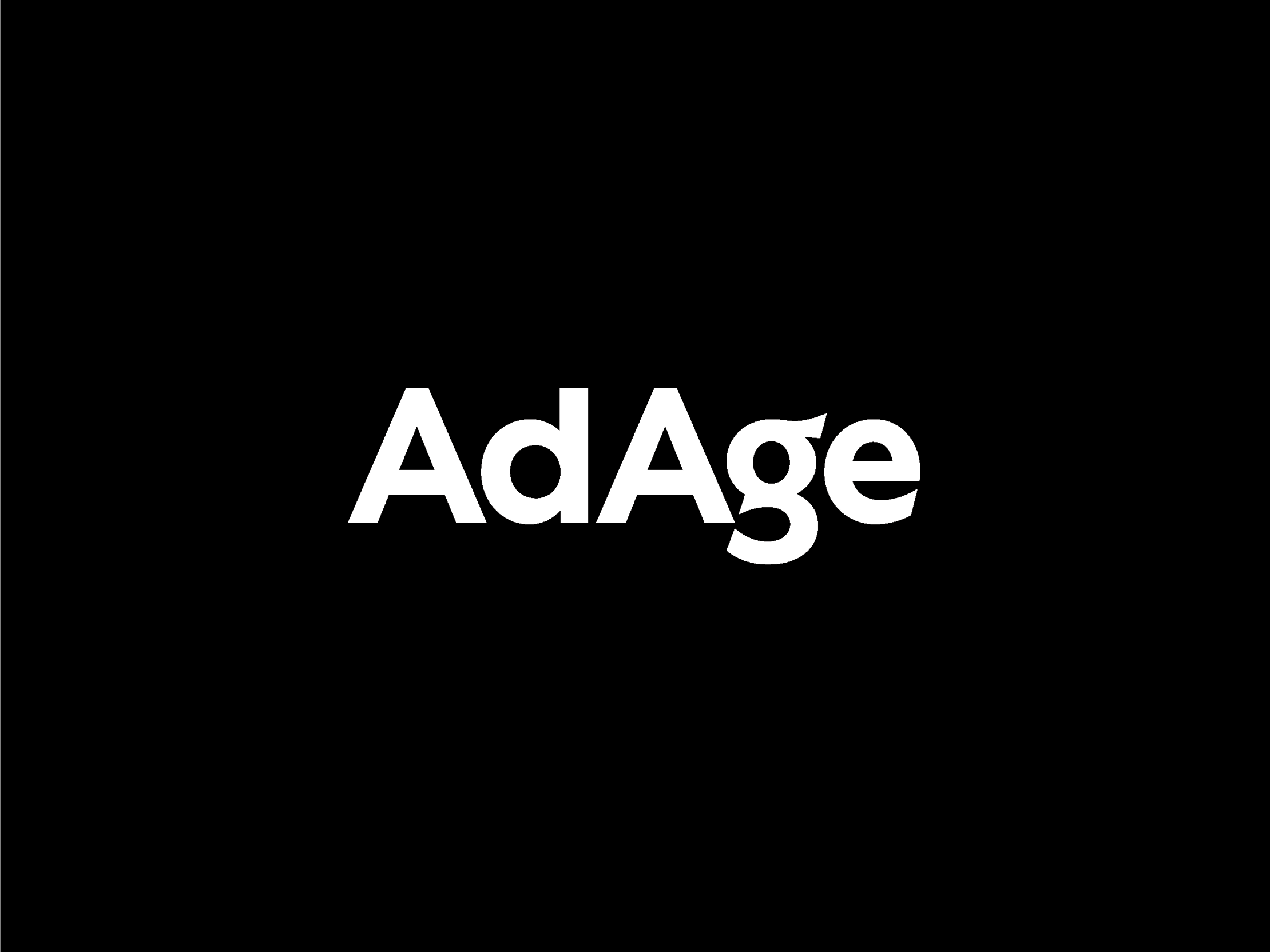
The ESG branding backlash
August 27, 2024 / 5 min read

What To Do About The ESG Branding Problem
Not long ago, ESG shined as the darling of corporate communications. Companies proudly showcased their investments in sustainability, diversity, and inclusion, hoping to win over consumers and investors alike. Now, the tide has turned. Once a badge of honor, ESG has become divisive, and now businesses wonder if they should talk about it at all.
The numbers tell the story. In late 2021, 155 companies in the S&P 500 mentioned ESG in their earnings calls. By mid-2023, that number dropped to 61. Even BlackRock, a long-time champion of ESG investing, has started to distance itself from the term. Unilever, too, has scaled back its ESG commitments. So, what happened? More importantly, what should businesses do now?
Why ESG Is a Problem
ESG’s fall from grace is rooted in its transformation into a political battleground. Initially embraced as a framework for addressing environmental, social, and governance issues, ESG is now under fire from all sides. Some U.S. states have gone so far as to pull public pension funds from firms like BlackRock, accusing them of putting social agendas ahead of financial returns. And that’s just the tip of the iceberg.
The backlash is real, and it’s creating headaches for companies that once proudly wore their ESG credentials on their sleeves. Accusations of greenwashing are flying, and businesses are finding themselves caught in a cultural crossfire. What started as a way to improve the world has become a minefield of controversy.
Why Businesses Cannot Afford to Slip ESG under the Rug
But ESG isn’t going away. The demand for corporate responsibility remains strong, and businesses can’t afford to ignore it. Consumers—especially Millennials and Gen Z—care deeply about a company’s social and environmental impact. More than 70% of Millennials have positive views on ESG and expect companies to keep making progress. Those who downplay ESG efforts risk alienating a crucial customer base.
It’s not just consumers who care. Employees and job seekers also pay attention. Studies show that sustainability programs make employers more attractive, and many workers will walk away from a job if a company’s values don’t align with their own. Ignoring ESG goes beyond a PR problem; it’s a talent retention issue.
What Businesses Should Do
Tempted to rebrand ESG? Think again. Ditching the term might seem like an easy fix, but it’s more likely to backfire. When companies try to swap ESG for a new buzzword, it looks like they’re trying to dodge accountability, which only deepens distrust among stakeholders.
Instead of running from ESG, companies should reclaim it. Double down on their commitment to these principles, and make it clear that they’re in it for the long haul. Here’s how.
Own the Narrative
Don’t let others define what ESG means for your company. Take control of the conversation by leading with transparency and authenticity. Publish sustainability reports, speak at industry forums, and engage with the media to highlight your achievements. Share your successes and setbacks openly.This authenticity can help rebuild trust and show that your commitment to ESG is more than just talk.
By shaping the narrative, you ensure that ESG remains a powerful part of your brand story.
Consider All Stakeholders
Don’t let political battles distract you from what truly matters — your customers, employees, business partners, and investors. These are the stakeholders shaping your brand’s long-term value. To start, focus on how your efforts align with the values and expectations of the people who matter most. Customers want to see genuine commitment, employees seek purpose-driven workplaces, and investors still care about sustainable growth. The bigger question isn’t how to dodge political crossfire, but how to ensure that your ESG efforts resonate with these key stakeholders.
Embed ESG into Your Core Strategy
Make ESG a non-negotiable part of your business strategy. When ESG principles are baked into your company’s DNA, they become synonymous with your brand identity. This isn’t just about talking the talk — it’s about walking the walk, from product development to supply chain management. Look at companies like Patagonia and Unilever, who have made ESG integral to their brand. Others should follow.
Focus on Long-Term Value
ESG is about being good and being smart. It’s a framework for making strategic decisions that balance short-term gains with long-term resilience. Show your stakeholders how ESG drives financial and operational benefits, whether through cost savings, improved risk management, or stronger brand loyalty. Make it clear that ESG is essential to staying competitive in a rapidly changing world.
In the end, staying true to the principles of ESG isn’t just the right thing to do — it’s the smart thing to do. Stick with it, and you’ll build a stronger, more resilient business that can weather whatever comes next.
Featured in GDUSA
Categories
- Perspective






